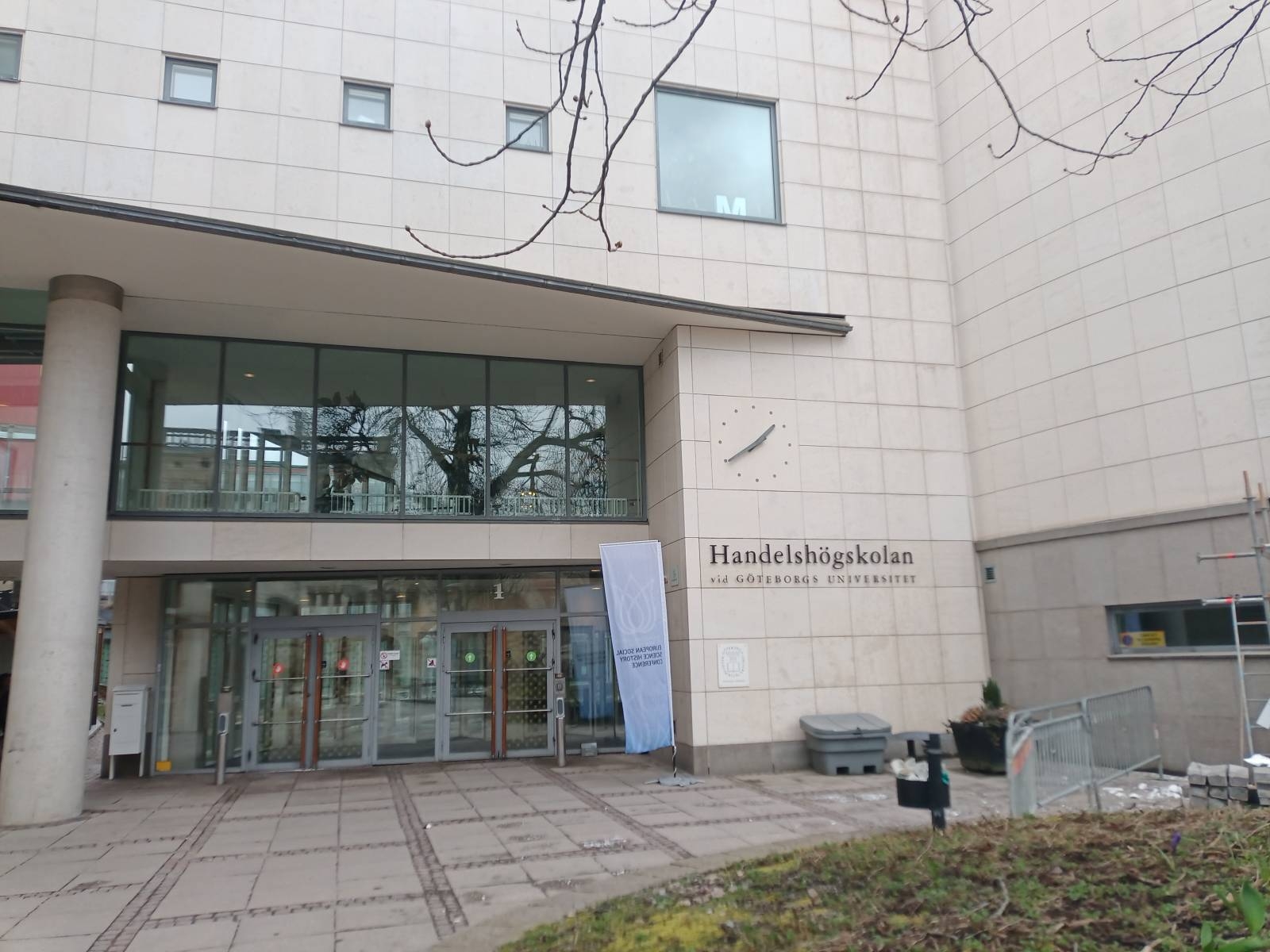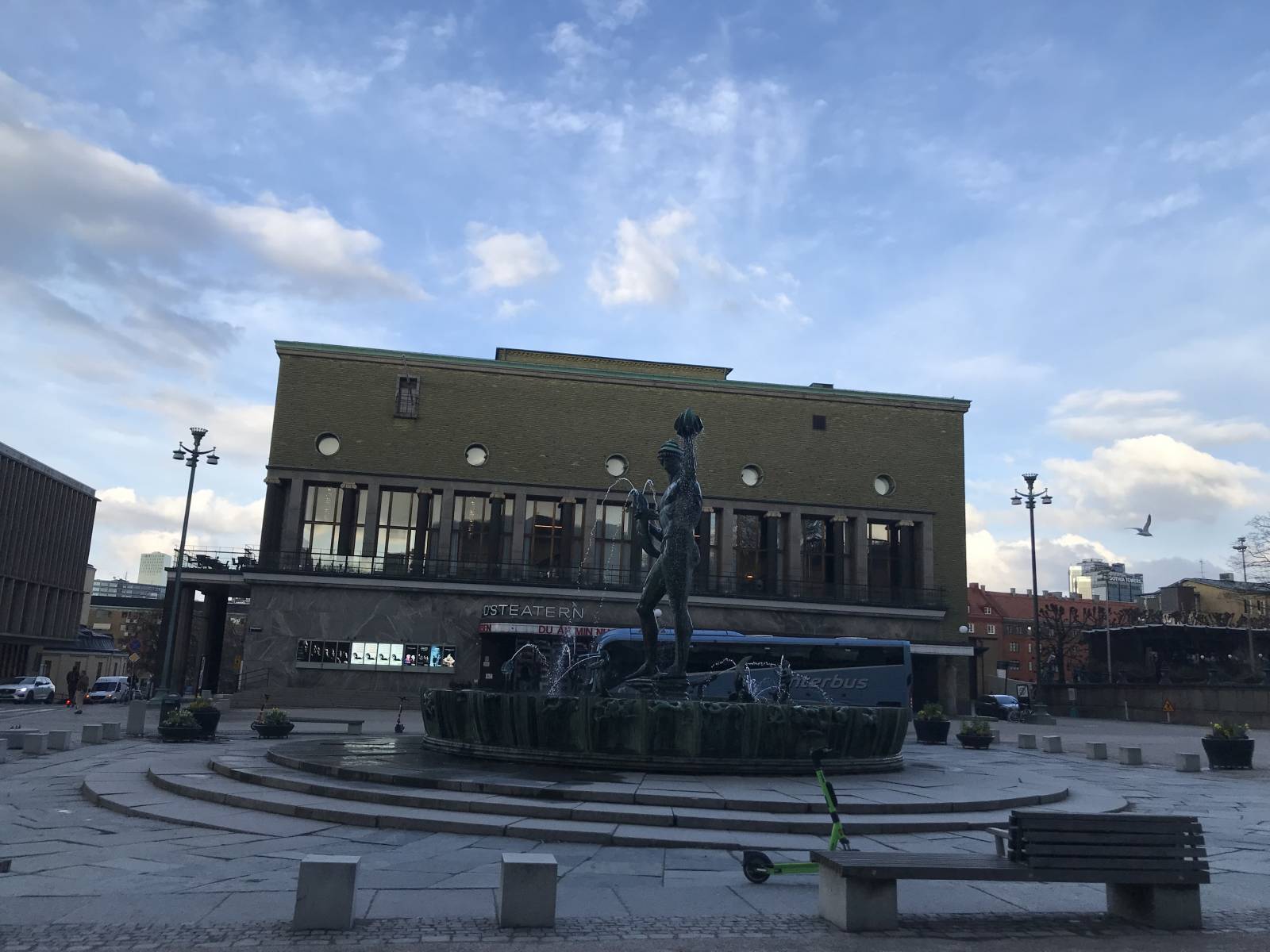
The very first session included a panel by Alice Velková entitled Changing Patterns in Upper Social Strata Families in Central Europe (19th to Mid-20th Centuries). The section was chaired by Peter Teibenbacher, a leading expert in social and economic history. Luminita Dumanescu opened the meeting with her paper Rural Elite and Demographic Behavior at the Turn of 20th Century Transylvania. Next, Gábor Koloh presented Clergy Mobility in Central Hungary in the Interwar Period and Irena Selisnik and Ana Cergol Paradiž presented Postwar Ljubljana: Elite Transformation after First World War. Finally, Alice Velková spoke about Changes in Demographic Behaviour in Families of Elite Social Classes in 19th Century Bohemia. After the presentations, Peter Teibenbacher added his comments and then the participants and guests discussed the challenges of elite research.
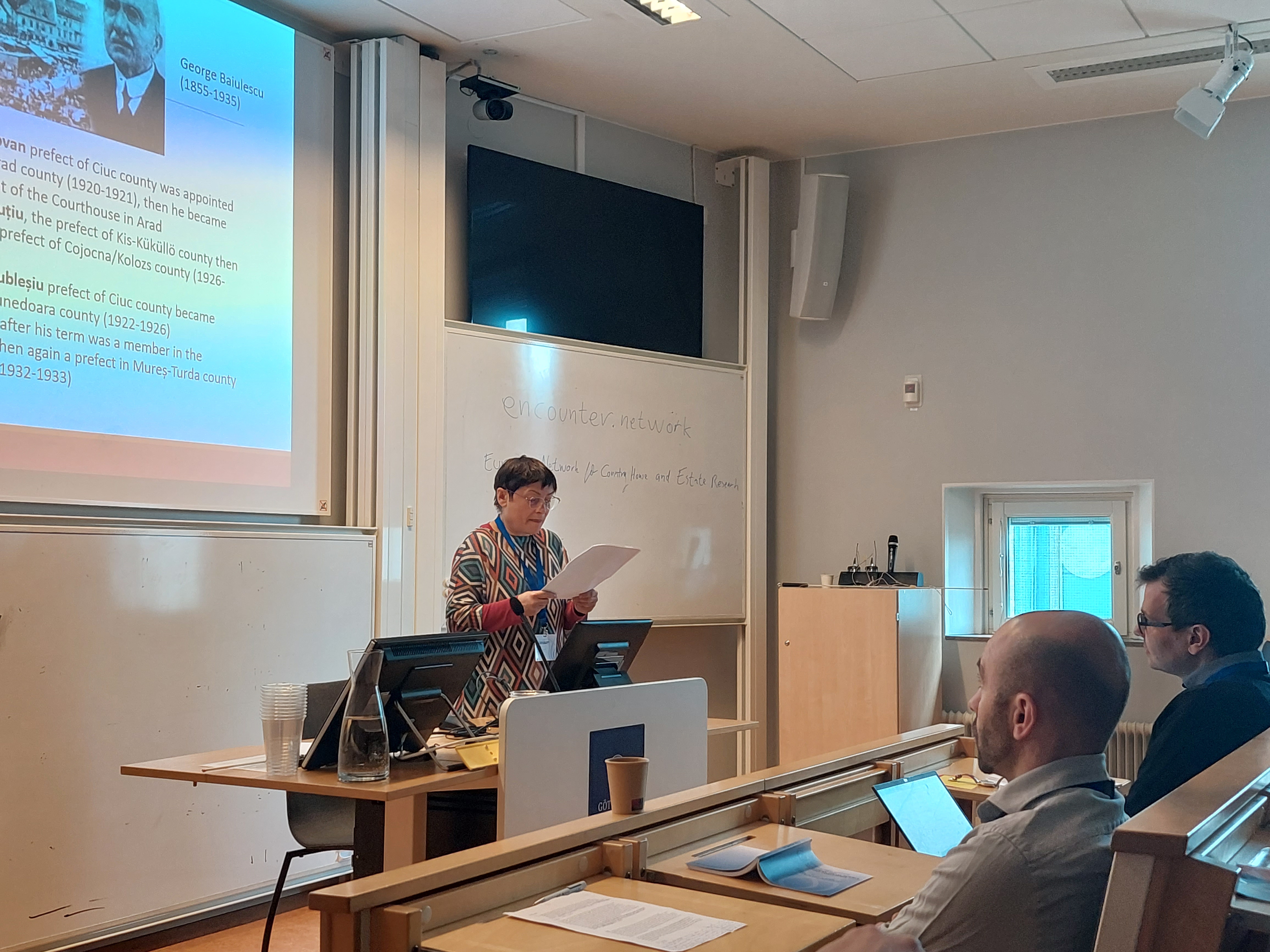
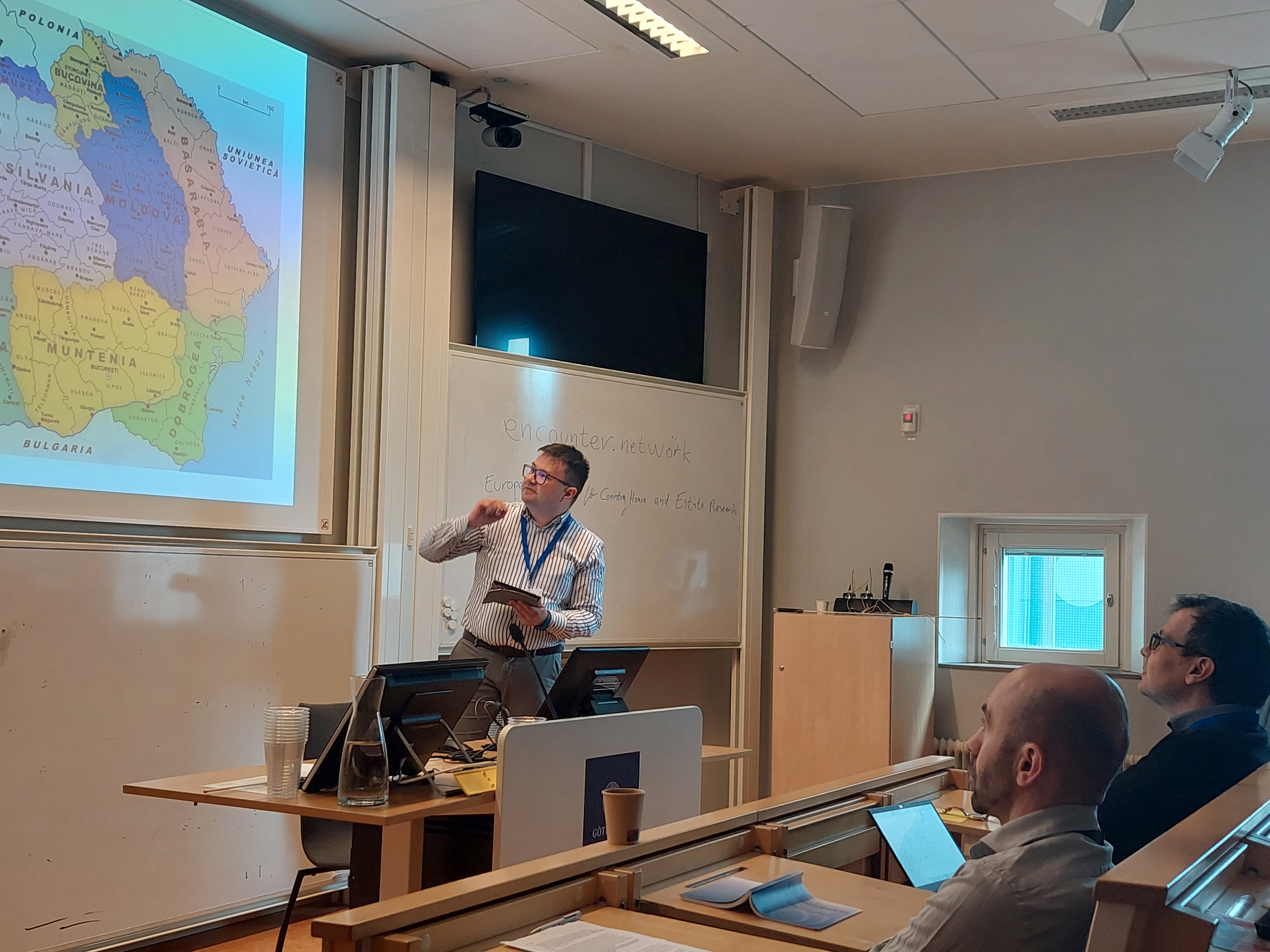
The second panel organized by our team also took place on the first day of the conference. Judith Pál and Martin Klečacký were in charge of the panel and Vlad Popovici was a discussant. Ploscaru Nelu Cristian presented his research on The Institution of the Prefecture in Romania (1864–1892): Between Political Networks and Social Relations of Patronage. Judit Pál presented her paper entitled Changes in the Recruitment of Transylvanian Local Government Representatives (Lord Lieutenants) during and after the First World War. Another member of our team, Andrei Sora, gave a presentation entitled A Path to an Ascending Career: The "Delegated Prefects" in Transylvania, 1918–1928). Finally, Martin Pekár spoke on The Nature and Role of State Representatives in the Para-fascist Regime of the Slovak State (1939-1945) at the Regional and Local Level. The lively discussion was opened with comments by Vlad Popovici and then other visitors joined in.
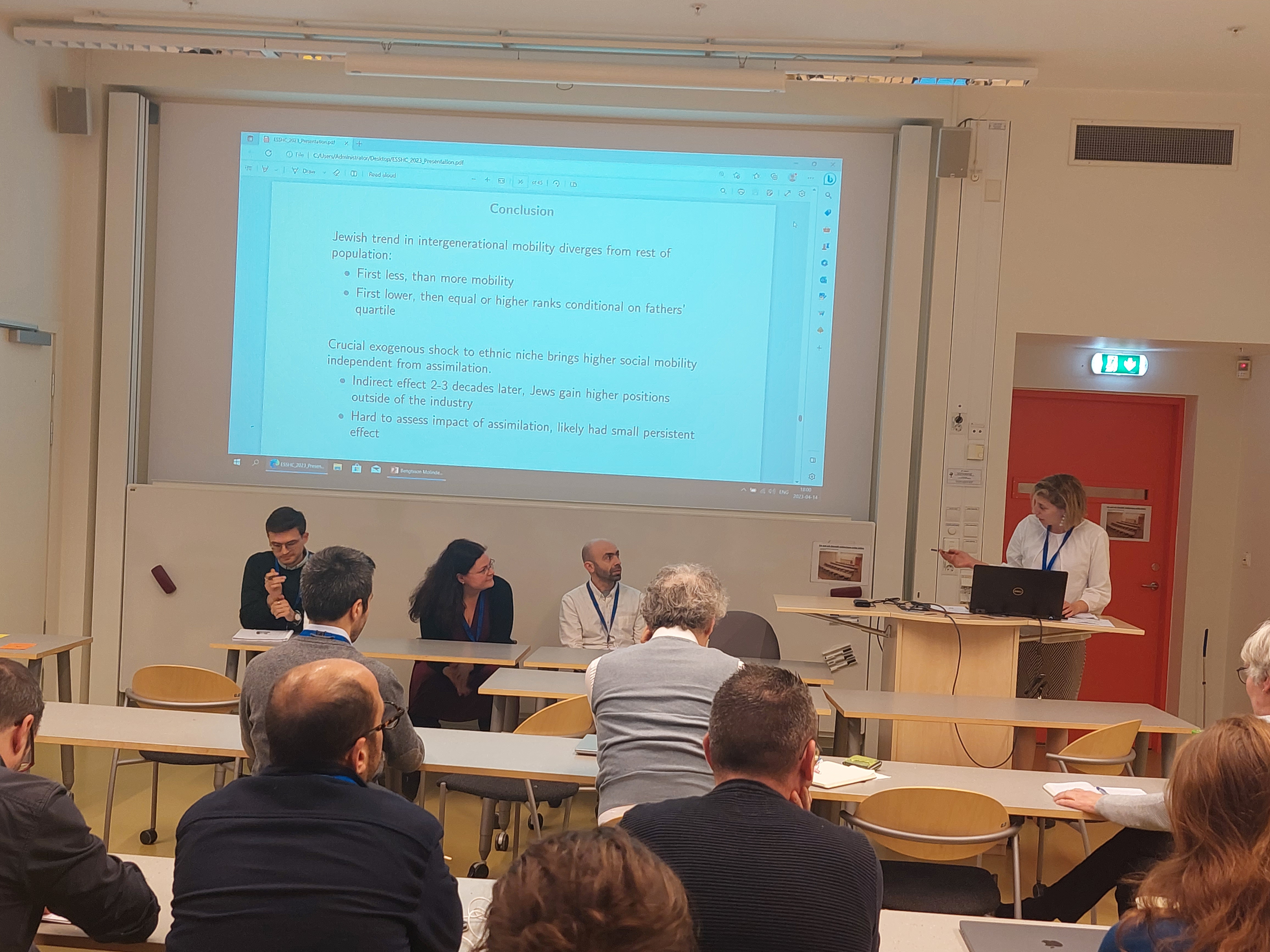
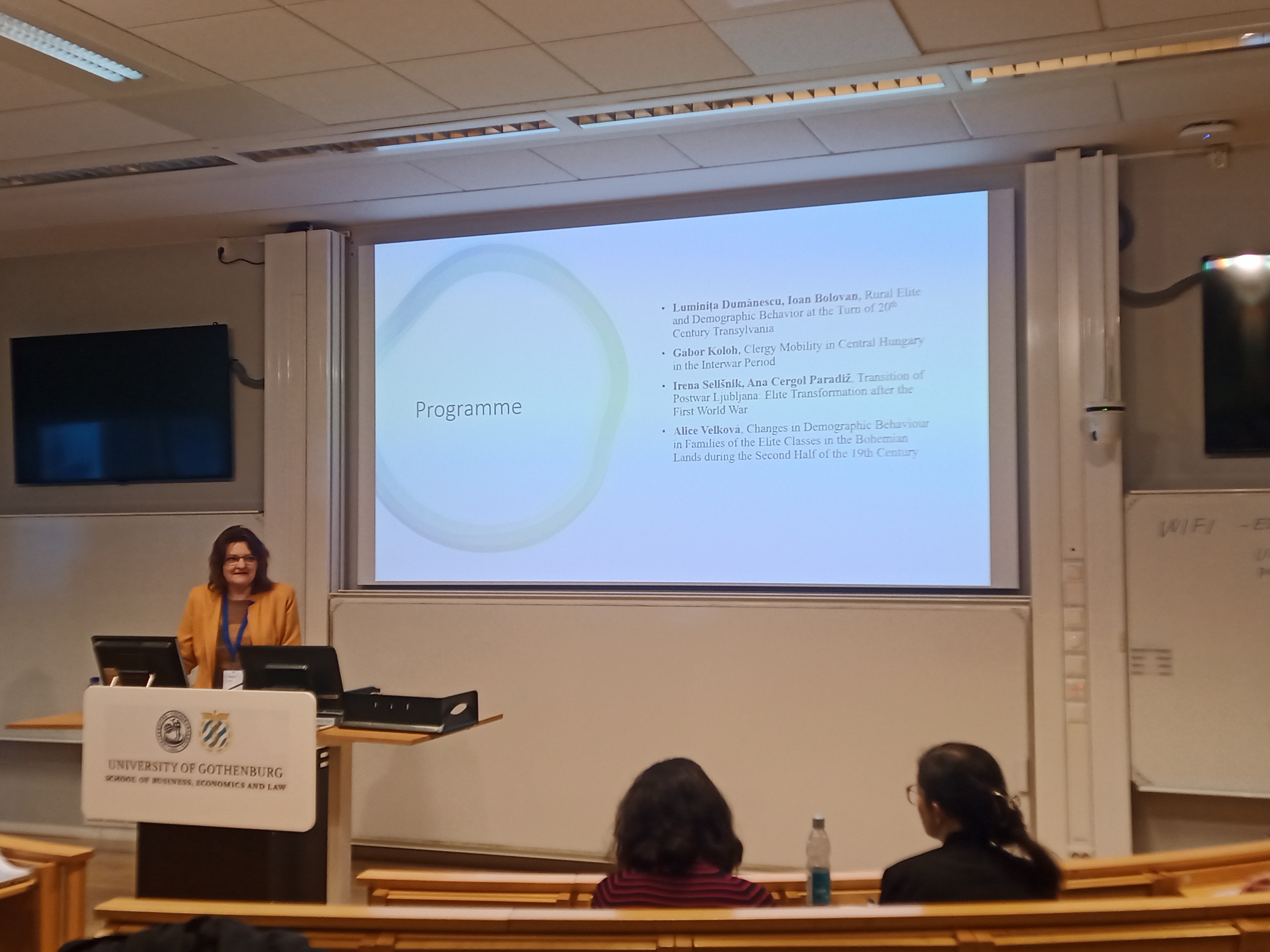
The Framing & Negotiating Families session, chaired by Margareth Lanzinger and Dalia Lenarte, featured a presentation by Georgi D. Lutz Familial Demographic Aspects of the German Parliamentarian Elite from Bohemia and Transylvania between 1867–1938. Daniela Mârza presented her paper Family Networks as Instruments of Power – Elite Women, Kinship and Public Life in Transylvania, 1850–1920 in the panel Kinship Systems and Families. It was chaired by Siegfried Gruber and featured Paul Puschmann as discussant. The last team members to present at the conference were Vlad Popovici and Věra Slováková with the paper Social Mobility of Members of Parliament in Bohemia and Transylvania in the Late Habsburg Monarchy in the panel Social Mobility II, chaired by Joana-Maria Pujadas-Mora. In addition to the two organized panels and presentations, members of our team also participated in other meetings. Vlad Popovici took on the role of chair of the session entitled The Swedish, Ukrainian, and Russian Elites in the Time of the Great Northern War and Its Aftermaths. Andrei Sora was asked to chair the section Regulating Transnational Landownership after Trianon.
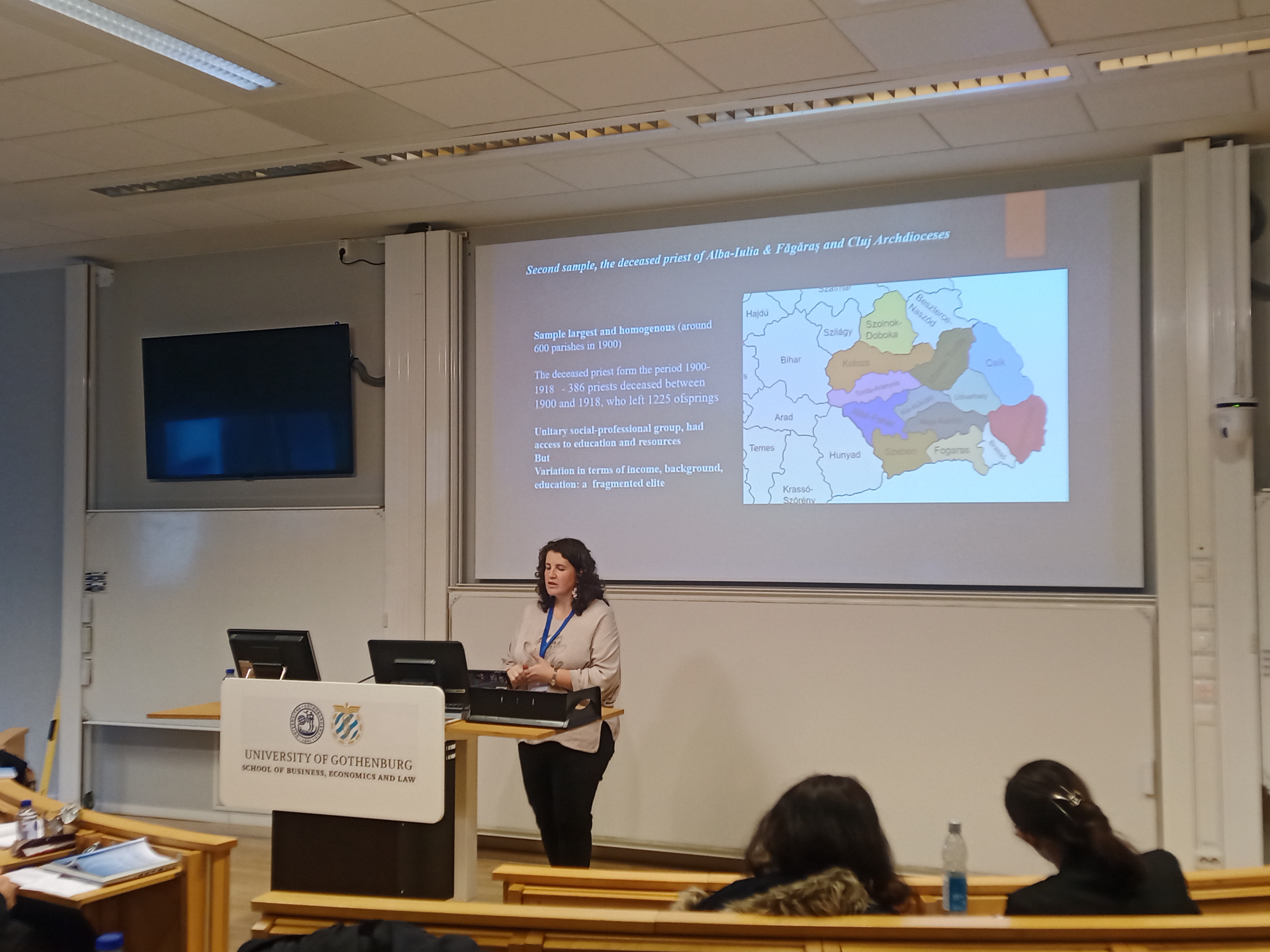
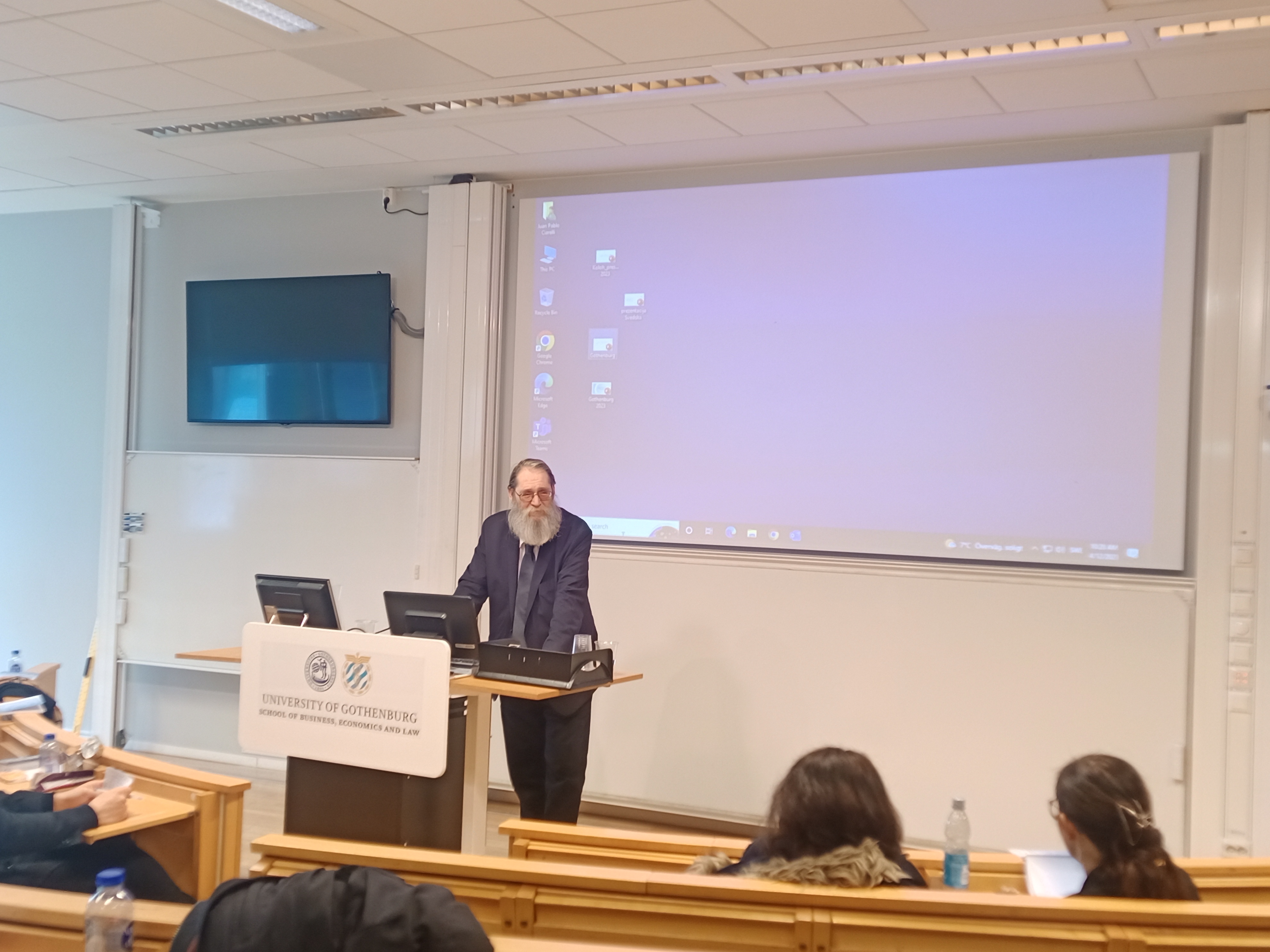
In addition to the scholarly programme, the organisers prepared a social evening for the conference participants at the Gothenburg Concert Hall, which was not only a great networking opportunity but also a chance to get to know Swedish culture better. Our team members also used the time together for working meetings and discussions on the future direction of the research. The conference in Gothenburg was a very successful event, with over 1200 historians and other social science experts presenting.


